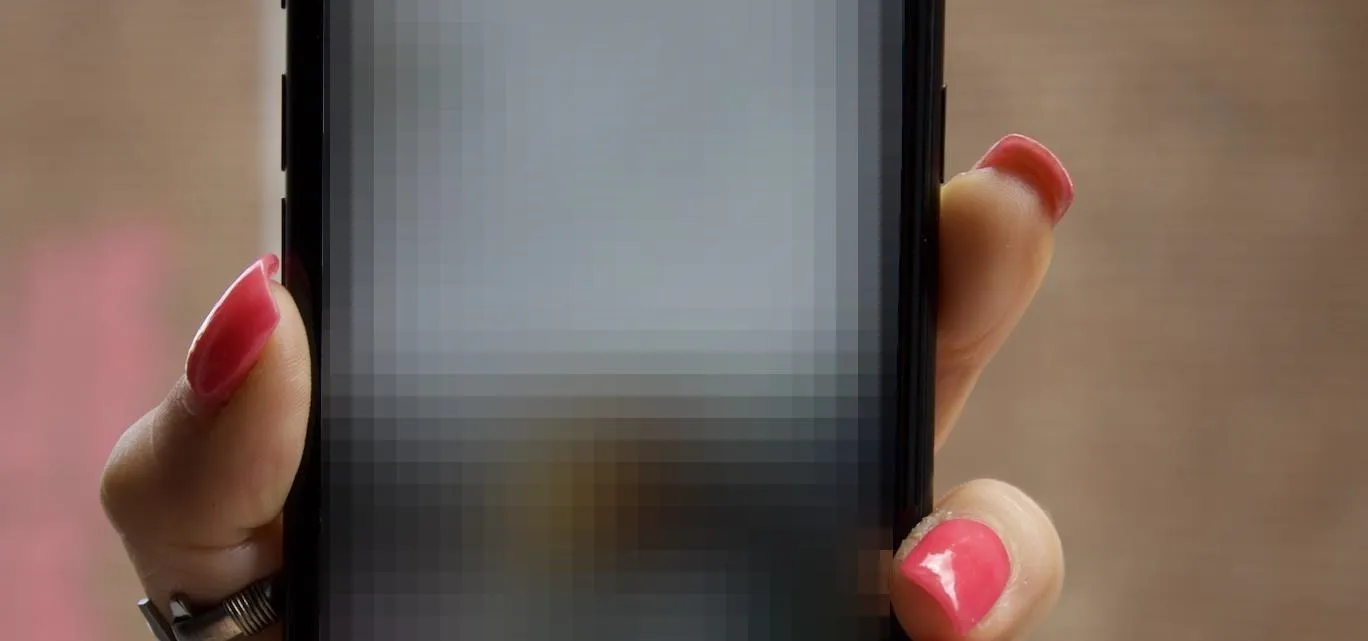There have been hundreds of reports of Google Calendar users receiving notifications for events they didn't create. These "events" are actually spam ads and potential phishing threats. If this has happened to you, you're not alone — but luckily, there's a way to put an end to it.
Spammers have found a way to exploit Google Calendar's integration with Gmail. By default, if you receive a calendar invitation in Gmail, Google Calendar will auto-add the event even if the invitation goes straight to spam and you don't accept it.
Once they realized this, spammers started adding calendar invitations to their emails with enticing titles and shady links. Common ones going around right now are "Your iPhone Xs Max is ready for PickUp" and "iPhone X s Free Giveaway." The latest is an even shadier "Google Security Alert" event claiming that "your device have 5 virus." Thankfully, there's a fix.
Put an End to Spam Calendar Events
First, head to your nearest laptop or desktop computer and visit Google Calendar on the web. Sign in with the Google account that received the spam, then click the cog icon in the top-right corner and select "Settings."

Now, select "General" from the menu on the left side of the screen to expand further options. From there, choose "Event settings." Just to the right of this menu, find the "Automatically add invitations" option and click it, then select "No, only show invitations to which I have responded" from the list.

Next, select "View options" from the side menu, then make sure the box next to "Show declined events" is unchecked.

Finally, click "Events from Gmail," then deselect the "Automatically add events from Gmail to my calendar" option. From now on, spam invitations won't be able to make their way into your calendar, but you may have to manually delete any calendar events that have already been added.

It's a little sad that we have to do this ourselves. These auto-add features in Google Calendar should either be disabled by default or screened a lot more heavily. But until Google does something to address the issue on their end, at least there's a fix.
Cover image and screenshots by Dallas Thomas/Gadget Hacks




Comments
No Comments Exist
Be the first, drop a comment!